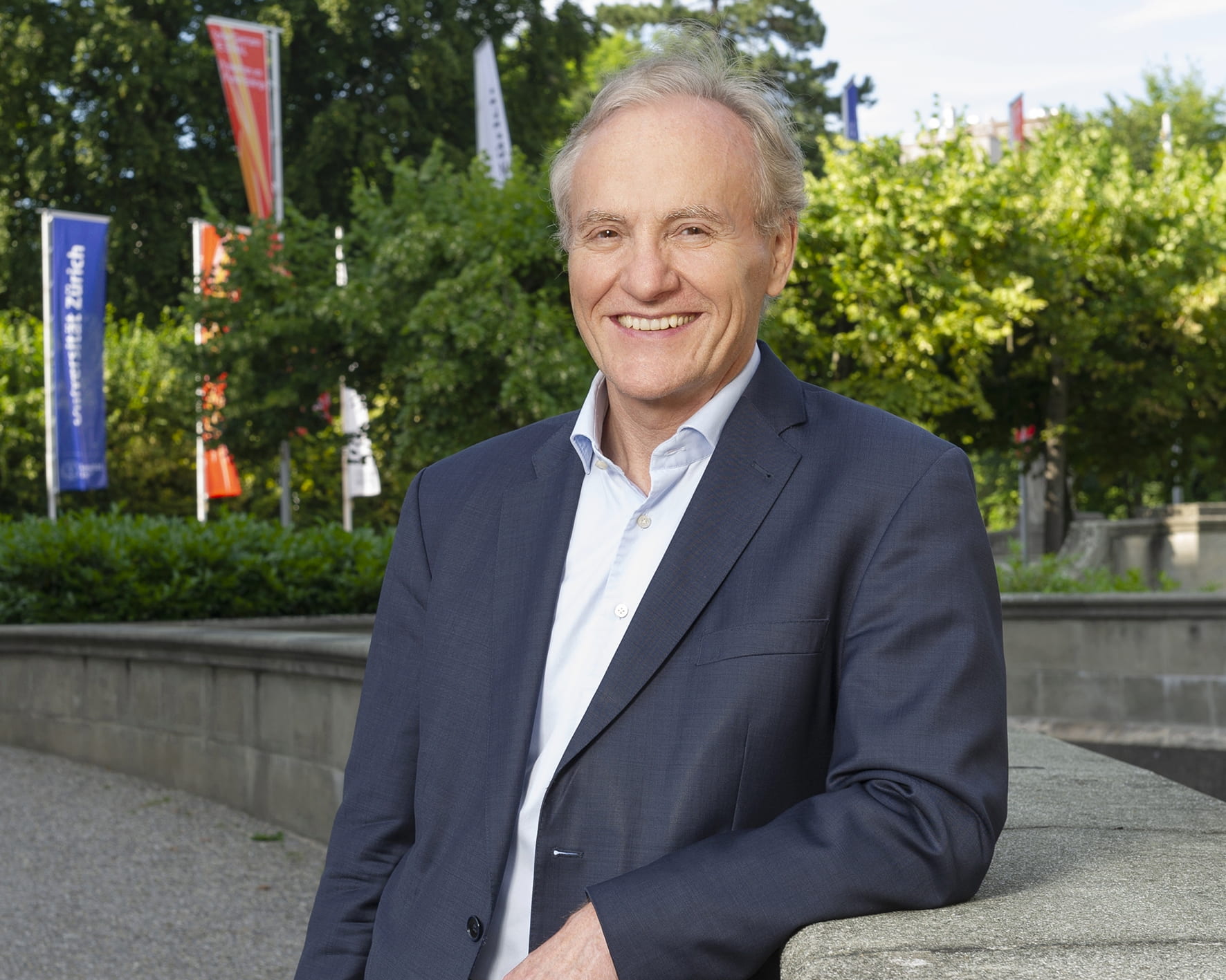 Increasing inequality in advanced capitalist countries has set redistributive policy measures again on the political agenda. Yet, the determinants of people’s political support for redistributive policies are still not well understood. Here, we take advantage of Swiss direct democracy in examining this question. Switzerland experienced four broadly and controversially discussed redistributive referenda over the last 10 years that – if accepted by the majority – would have led to substantial redistribution of economic benefits and tax burdens. We measure and behaviorally validate people’s policy preferences for the proposed measures in a broad sample of the population and link it to people’s experimentally elicited social preferences. We characterize the distribution of social preferences with a non-parametric Bayesian Classifier that identifies three distinct groups: (i) a large group of inequality averse people. (ii) a somewhat smaller yet still large group of people with a concern for the worse off and (iii) a group of primarily selfish individuals. Controlling for the other major determinants of support for redistribution – such as current and expected future income, perceived inequality, social mobility and sources of individual success, or trust in the government – we document that social preferences play a major role for redistributive voting. Inequality aversion, in particular, has a large and robust effect that is particularly pronounced in referenda that – if supported by a majority – would substantially decrease the income of the rich through taxation or other forms of regulation.
Increasing inequality in advanced capitalist countries has set redistributive policy measures again on the political agenda. Yet, the determinants of people’s political support for redistributive policies are still not well understood. Here, we take advantage of Swiss direct democracy in examining this question. Switzerland experienced four broadly and controversially discussed redistributive referenda over the last 10 years that – if accepted by the majority – would have led to substantial redistribution of economic benefits and tax burdens. We measure and behaviorally validate people’s policy preferences for the proposed measures in a broad sample of the population and link it to people’s experimentally elicited social preferences. We characterize the distribution of social preferences with a non-parametric Bayesian Classifier that identifies three distinct groups: (i) a large group of inequality averse people. (ii) a somewhat smaller yet still large group of people with a concern for the worse off and (iii) a group of primarily selfish individuals. Controlling for the other major determinants of support for redistribution – such as current and expected future income, perceived inequality, social mobility and sources of individual success, or trust in the government – we document that social preferences play a major role for redistributive voting. Inequality aversion, in particular, has a large and robust effect that is particularly pronounced in referenda that – if supported by a majority – would substantially decrease the income of the rich through taxation or other forms of regulation.